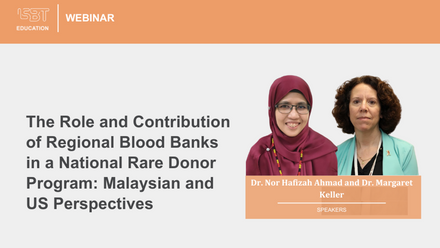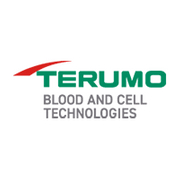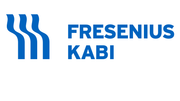Shipment of Glycerolized RBC Segments for Red Cell Concentrate Compatibility Testing
Abstract
Background: Red cell concentrate (RCC) cryopreservation allows for long-term storage of RCCs with rare phenotypes. Currently, tubing segments are not produced for these frozen units. Pre-transfusion compatibility testing therefore requires thawing and deglycerolization of the whole unit. A study was conducted to demonstrate the feasibility of using segments for compatibility testing, including circumstances where segments would require shipment to a reference laboratory.
Study Design and Methods: RCCs produced using the red cell filtration method from citrate-phosphate-dextrose whole blood collections were glycerolized (40%) at day 21 post-collection and segments were generated prior to freezing. Room temperature (RT, 18°C–20°C) or water bath (WB, 37°C) thawing of segments was performed prior to storage at RT or at refrigerated temperatures (cold, 1°C –6°C) for 0, 24, 48, or 72 hours followed by deglycerolization and hemolysis testing. Additional segments were thawed and shipped in temperature-controlled containers at either RT or 1°C –10°C for antibody screening.
Results: Hemolysis and RBC recovery results did not show significant differences over the storage period or between thawing and storage conditions. RBC recovery ranged from 46% to 64%. Hemoglobin (Hb) recovery ranged from 56% to 96%; for RT-thawed segments, recovery was significantly higher at 24 hours and lower at 72 hours for RT storage compared with cold storage. WB-thawed, cold-stored segments had higher Hb recoveries at 48 hours. Phenotype assessment was successful for all segments regardless of thawing method or shipping condition.
Discussion: The shipment of thawed segments containing glycerolized red cells is feasible for the purpose of conducting pretransfusion phenotype evaluations or pretransfusion compatibility checks.




















